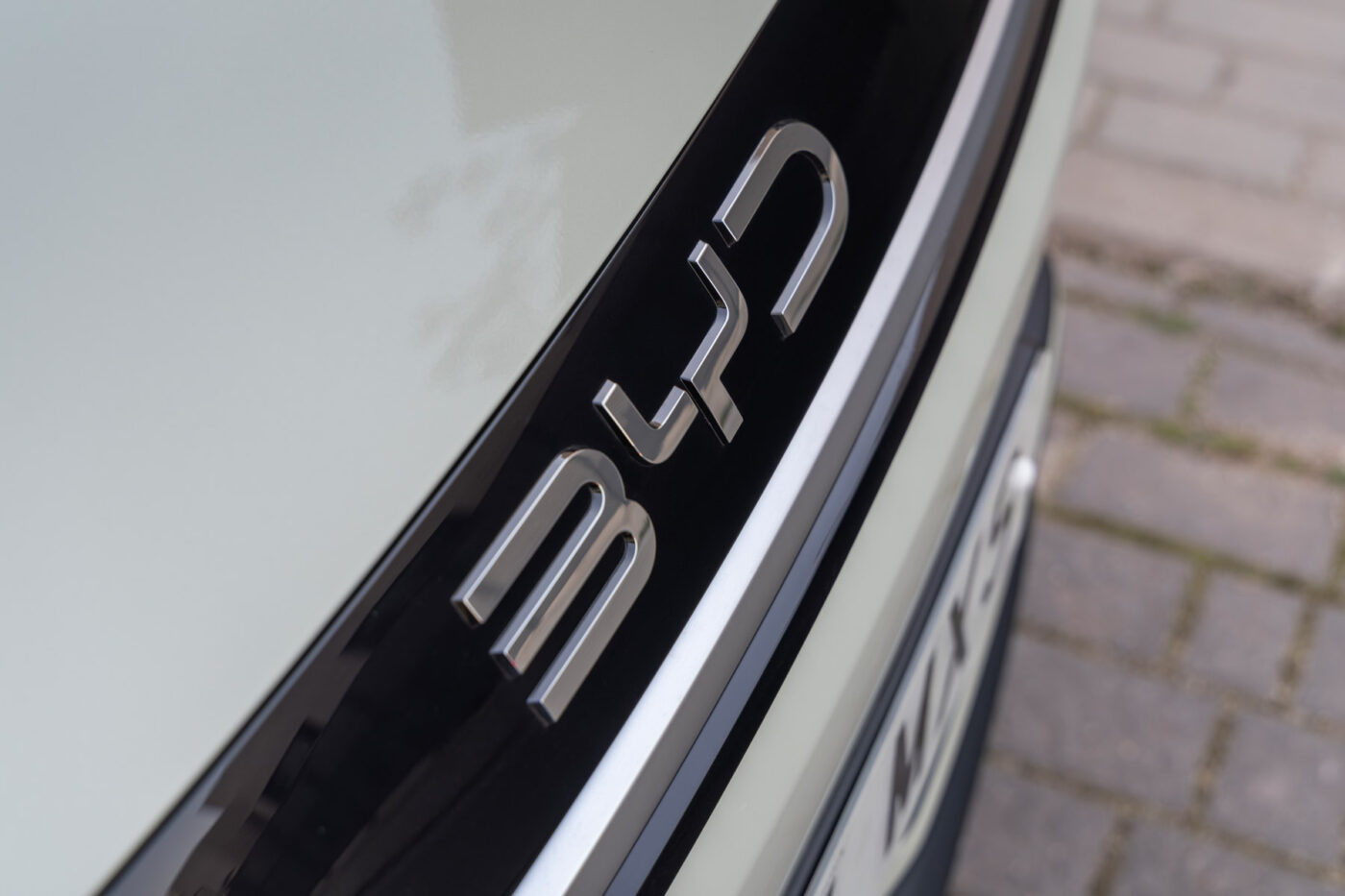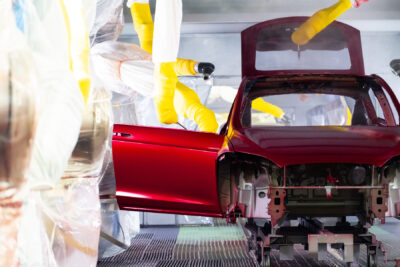Did China subsidise BYD’s plant in Hungary?
BYD announced the construction of its EV factory in Hungary at the end of 2023 – so it is not a reaction to the EU’s punitive tariffs on China-made EVs, but it will nonetheless help BYD circumvent these import duties in the future by manufacturing vehicles in Europe. Production is scheduled to start by the end of this year, with BYD planning to build mainly small and compact cars for the continent. These are vehicles in the more affordable segments, where the additional tariffs would have had a particularly strong impact.
However, Hungary is a member of the European Union and state aid is prohibited in the EU – unless the EU examines whether possible subsidies would unduly distort the market. Subsidies may only be granted after getting the green light from Brussels.
As the Financial Times reports, the EU is now taking a closer look at the construction of the BYD plant in Szeged, Hungary. It suspects the plant was built with unfair Chinese subsidies or that BYD benefited from them during construction. Admittedly, the investigations are still at a preliminary stage. The report does not reveal how much funding BYD allegedly received from Beijing for the Hungarian factory.
If the investigation reveals that BYD did benefit from illegal funding, the amount will be a decisive factor in determining the sanctions that BYD will then face. According to the FT report, the EU Commission could force the company to “sell some assets, reduce capacity, repay the subsidy and potentially pay a fine for non-compliance.”
Neither the EU Commission nor BYD responded to a request for comment from the Financial Times. Only Hungary’s Minister for Europe, Janos Boka, commented on the events. According to the politician, the Hungarian government was not informed in advance of the investigation.
According to earlier reports, BYD plans to invest up to four billion euros in the plant, which is expected to have a production capacity of 150,000 vehicles per year. The plant is also expected to create 10,000 jobs. However, BYD has not specified whether these are exclusively jobs at the plant or whether they include jobs at suppliers and in surrounding companies.





2 Comments